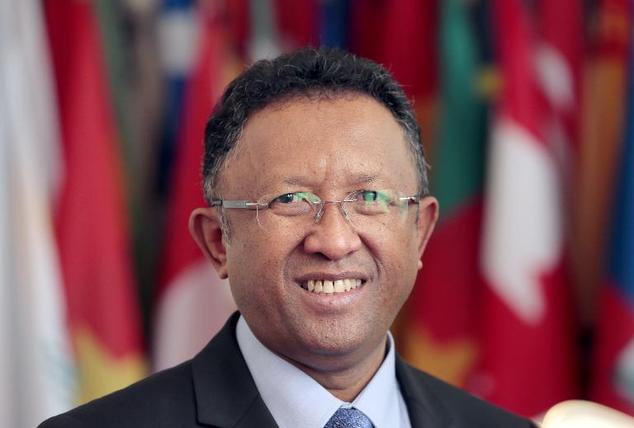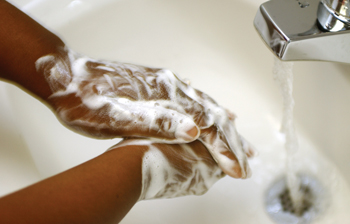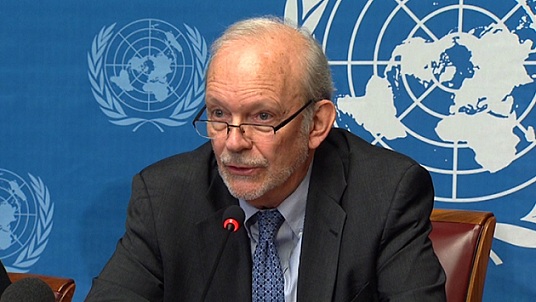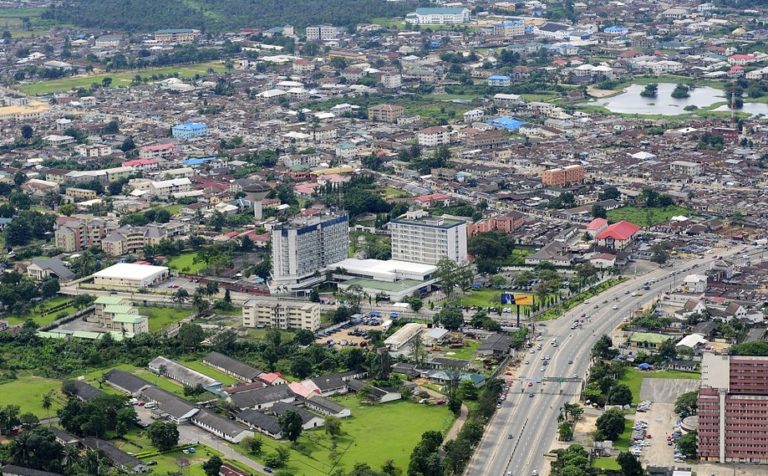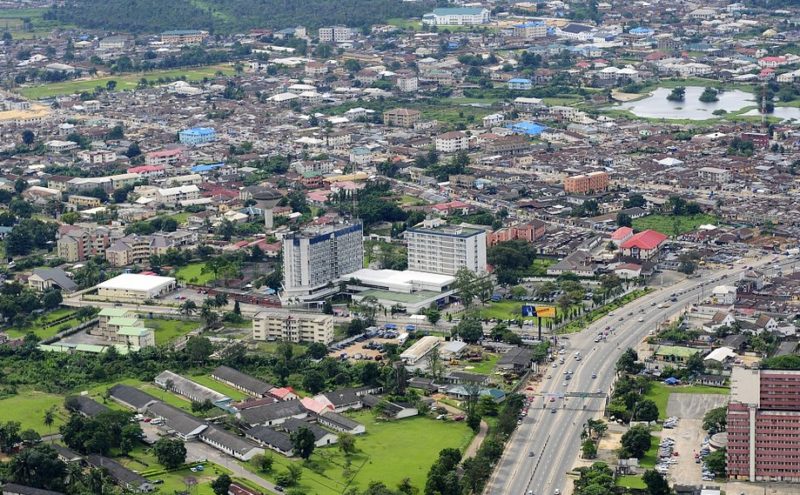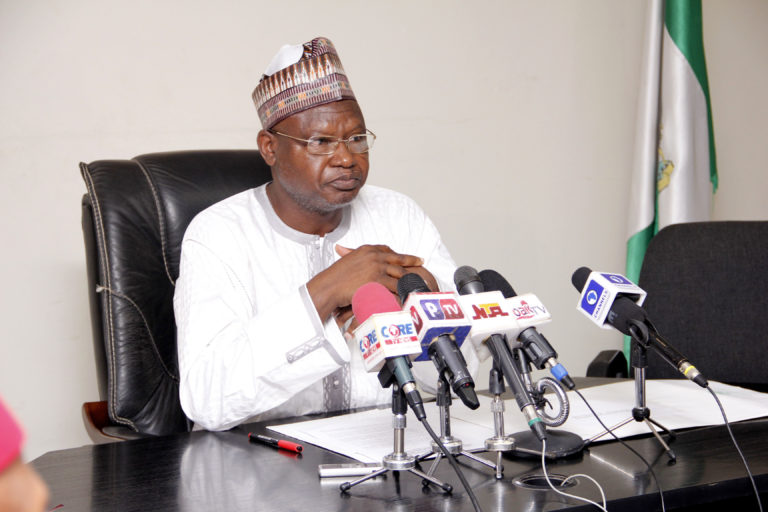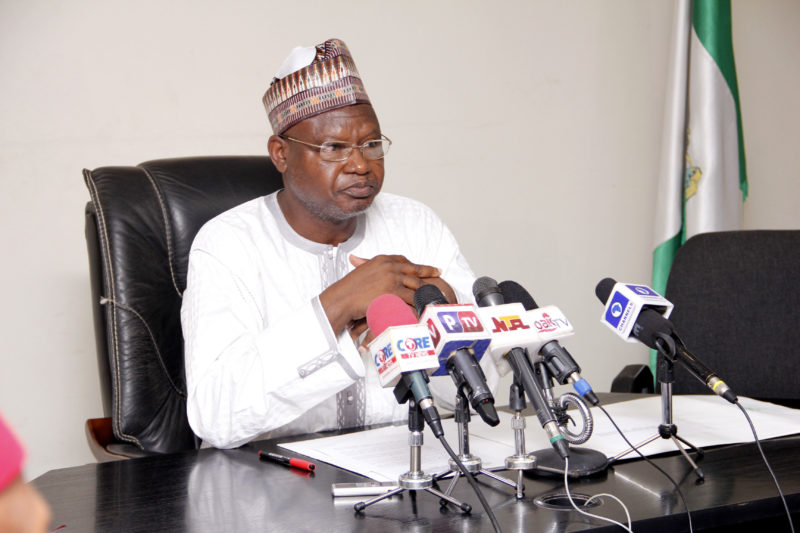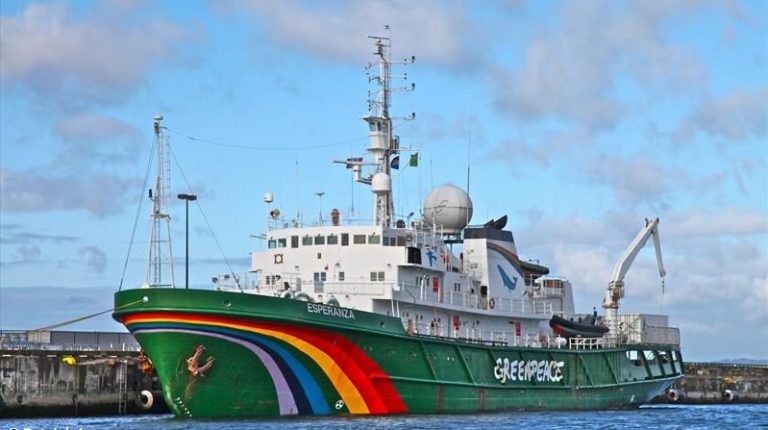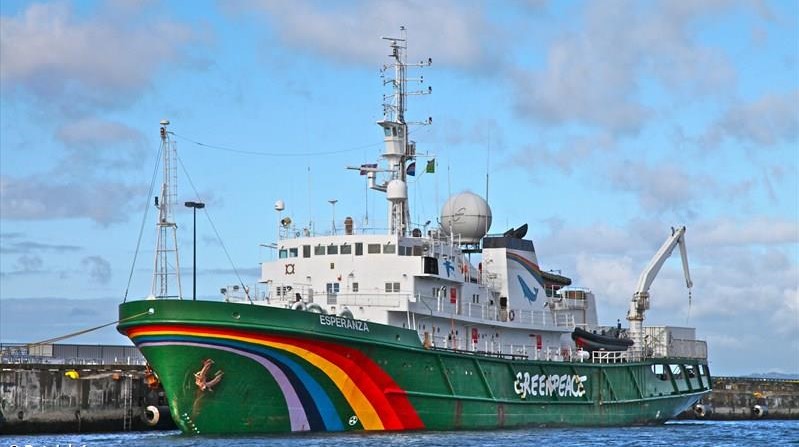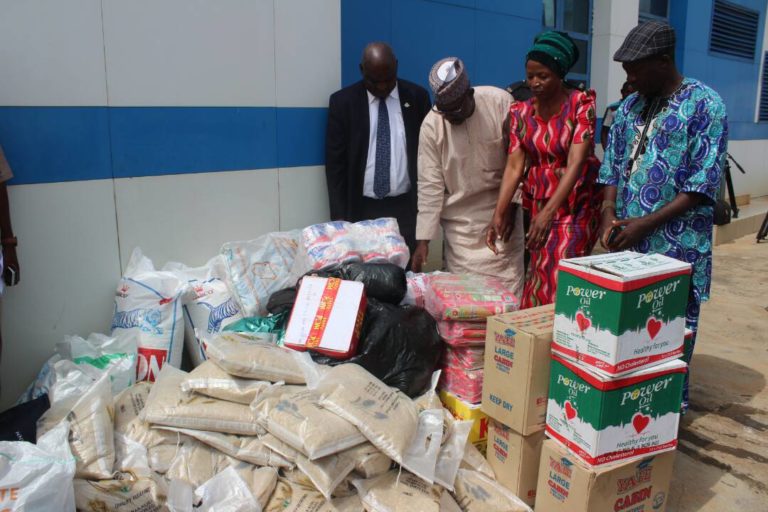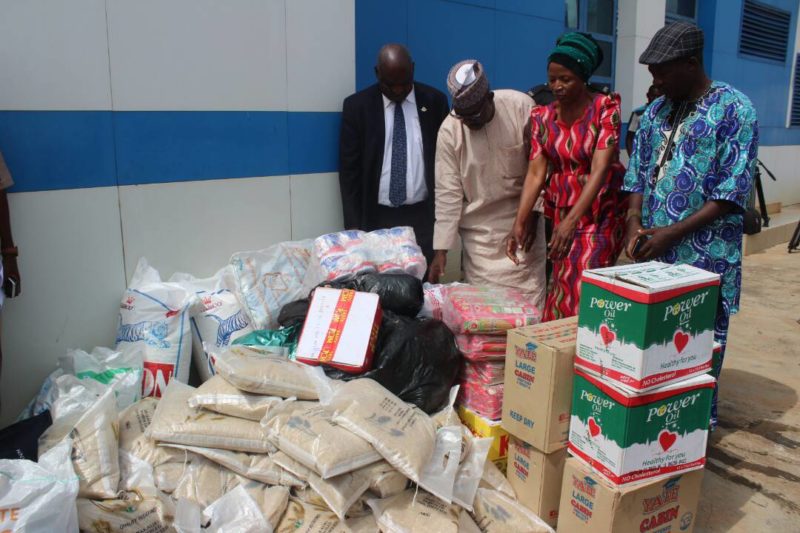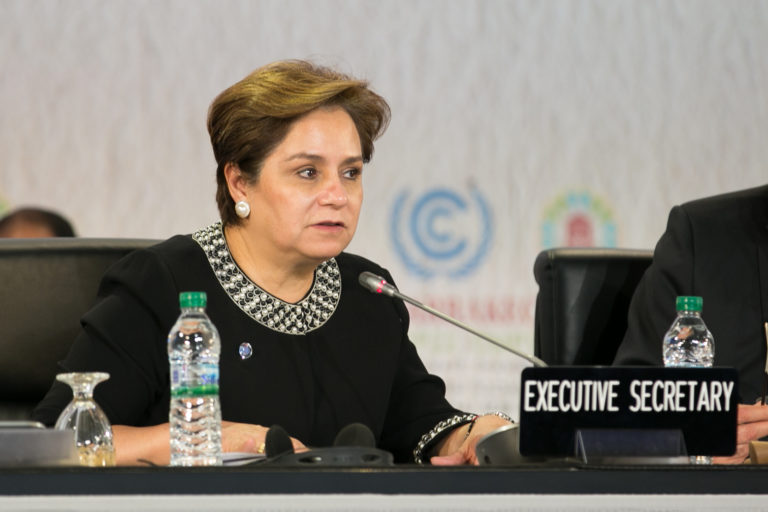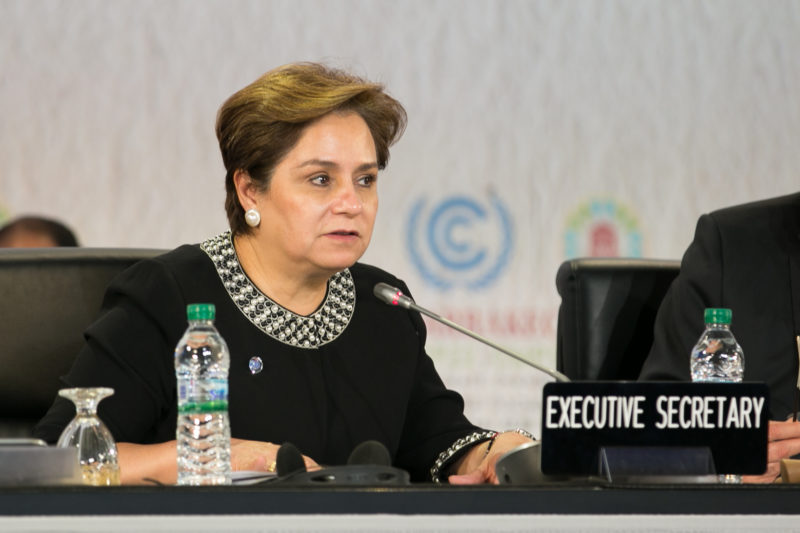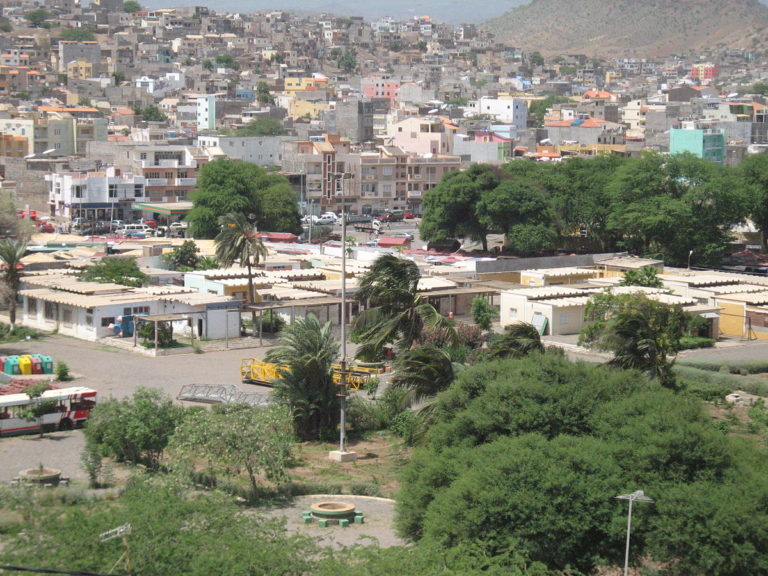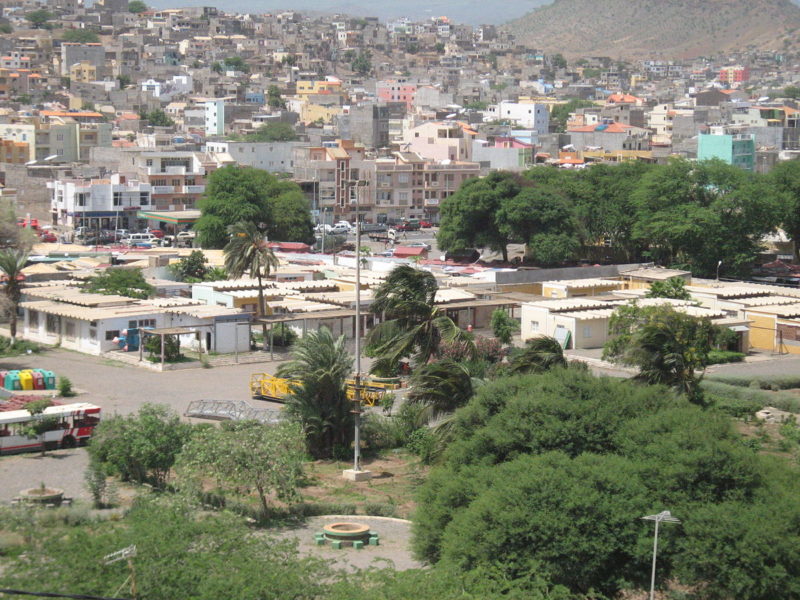In the spirit of the 2017 Global Handwashing Day, the African Ministers’ Council on Water (AMCOW) has stated that the future of the African continent lies in its hands.
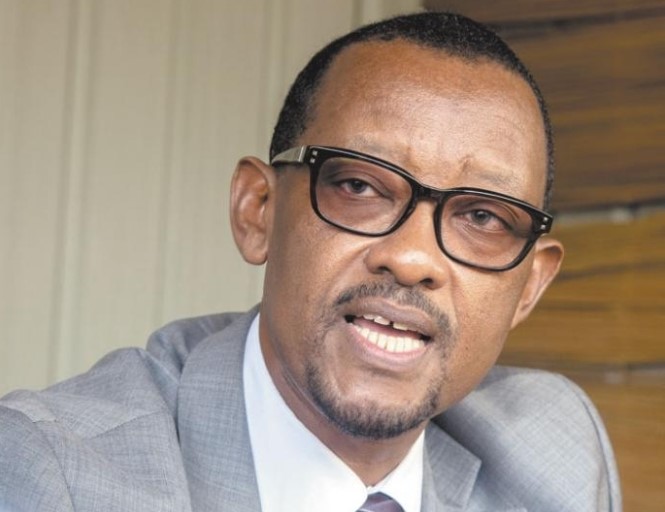
Dr Canisius Kanangire, Executive Secretary of the Abuja-based AMCOW, who made the submission in a statement to commemorate the event observed on Sunday, October 15 2017, pointed out that the organisation considers handwashing as an integral part of its water, sanitation and hygiene (WASH) interventions.
“Indeed, the future of Africa is in our hands…lets wash our hands! Happy 2017 Handwashing Day!” he stated.
According to him, in line with AMCOW’s mandate, the Secretariat will continue to work with member states and partners in ensuring improved livelihoods for Africans, while creating the enabling environment for sanitation and hygiene across the continent through the implementation of these commitments.
His words: “October 15 marks yet another Global Handwashing Day, instituted since 2008 to raise awareness about the benefits of handwashing with soap and to spotlight the state of handwashing around the world.
“Handwashing remains one of the most effective measures of avoiding sicknesses and spreading germs to others. Many illnesses and conditions are spread by not washing hands with soap and clean, running water. Pneumonia, a major Acute Respiratory Infection, is the number one cause of mortality among children under five years old, taking the life of an estimated 1.8 million children per year. Diarrhea and pneumonia together account for almost 3.5 million child deaths annually.
“According to World Health Organisation, 42% of this estimate occurs in Africa even as handwashing with soap is estimated to reduce incidents of diarrhea by 30% and respiratory infections by 21% in children under the age of five. Africa has to stand up and ensure every child has access to handwashing tools and services.
“At AMCOW, we consider handwashing as an integral part of our water, sanitation and hygiene (WASH) interventions hence the proactive step taken towards the end of the MDGs era in 2015 by African Ministers responsible for sanitation at the 4th AfricaSan Conference in Dakar, Senegal viz the 4th and 6th Commitments of the N’gor Declaration which commits African governments to ensuring strong leadership and coordination at all levels to build and sustain governance for sanitation and hygiene across sectors especially water, health, nutrition, education, gender and the environment; and ensure inclusive, safely-managed sanitation services and functional handwashing facilities in public institutions and spaces.”

